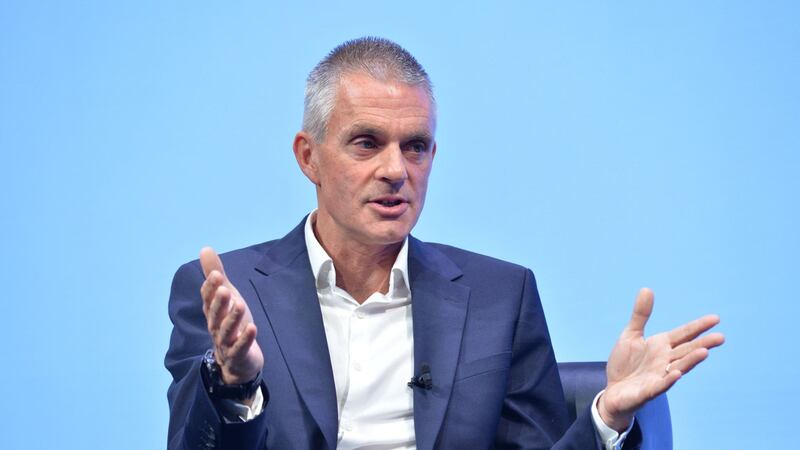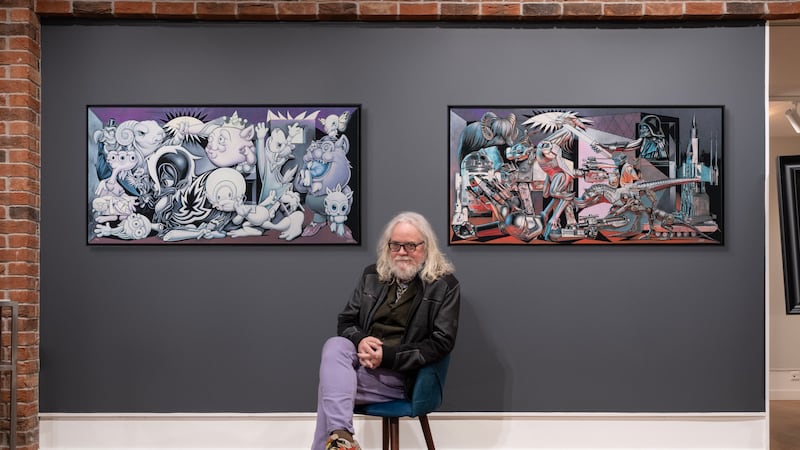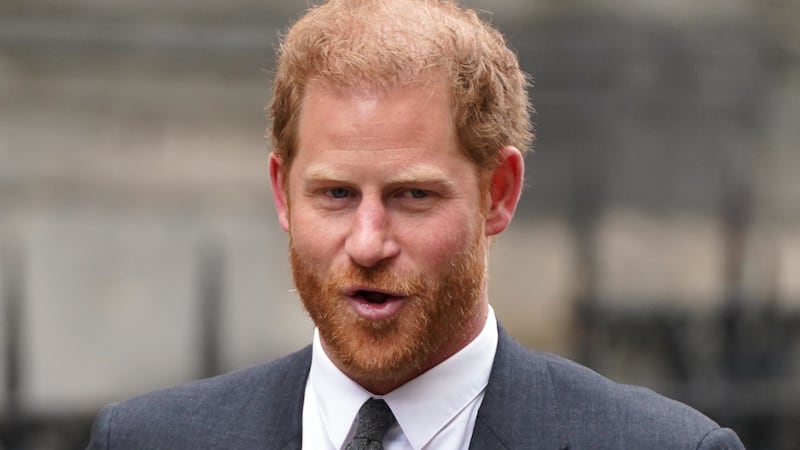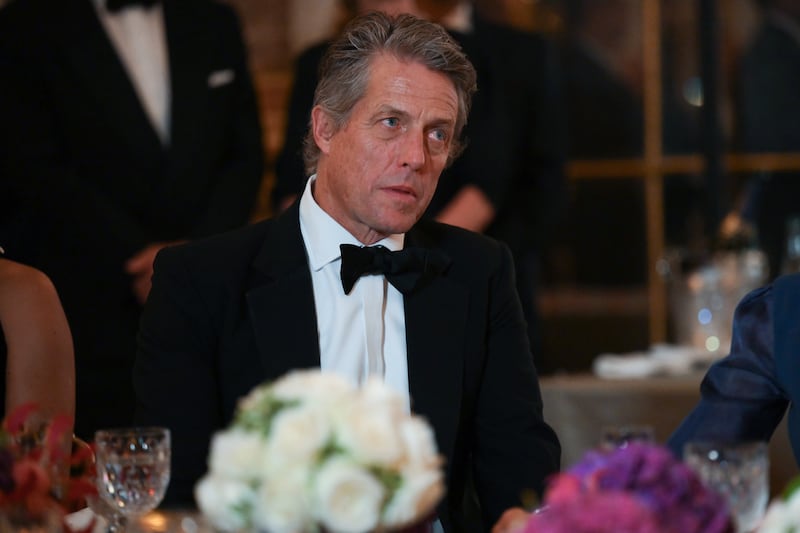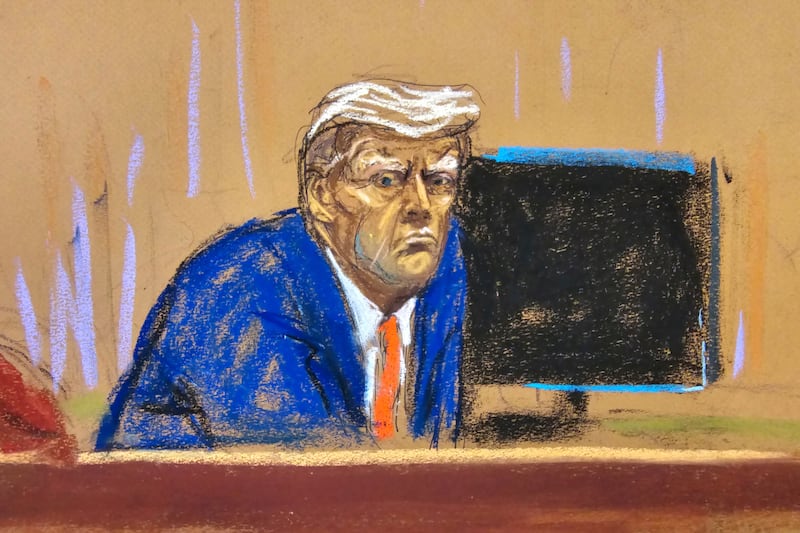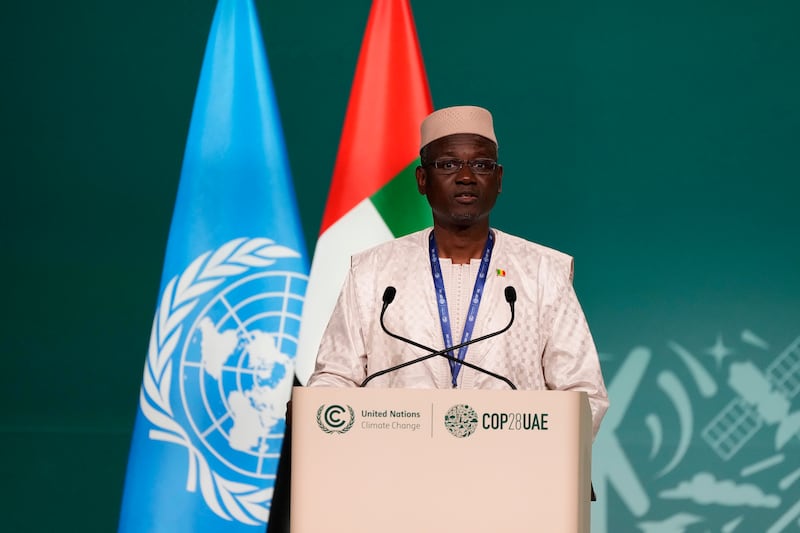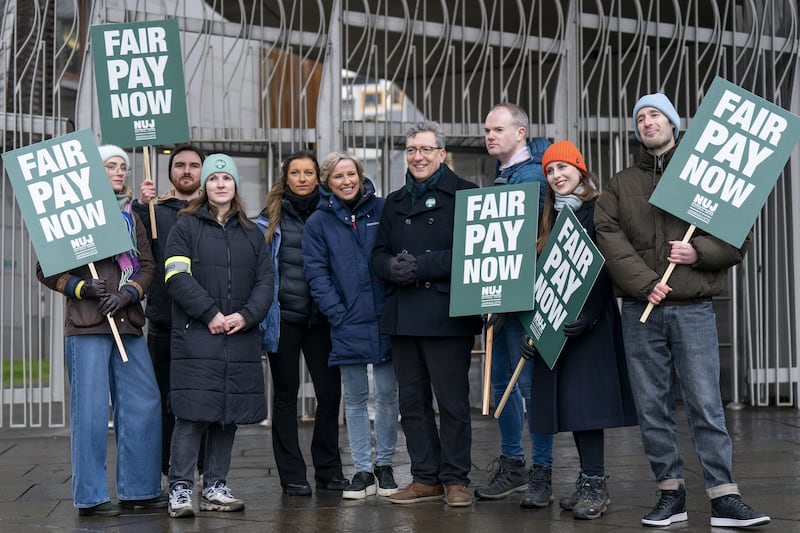BBC director-general Tim Davie has defended the corporation’s incoming news chief on the issue of impartiality, saying she should be “outstanding” at delivering on the brief.
ITN chief executive Deborah Turness is joining the BBC as its new chief executive of news and current affairs after holding senior positions with NBC News and ITV News.
Appearing before the House of Lords Communications and Digital Committee, Mr Davie was asked whether he had confidence Ms Turness could ensure impartiality at the broadcaster as it faces increased scrutiny over the issue.

He said: “I will delicately sidestep any evaluation of Channel 4 News because I think that is for others to make the assessment.
“The BBC, by the way, has more rigorous editorial guidelines than even the Ofcom code and I think my job is really to focus on that.
“The second point I would make is that if I had any doubt at all that a director of news candidate could not flawlessly and actively deploy deep understanding of our impartiality brief, I wouldn’t have hired them, and I think Deborah Turness should be outstanding at delivering on this brief.”
In October, the BBC unveiled plans for its “biggest and most significant push” in response to a review led by Arts Council England chairman Sir Nicholas Serota into its governance and culture.
The broadcaster published a 10-point plan focused on impartiality, editorial standards, and whistleblowing to ensure its content is fair, accurate, and unbiased.
Mr Davie was also asked whether centralisation of news at the BBC could amplify its editorial mistakes, such as the decision to interview Jeffrey Epstein’s former lawyer, Alan Dershowitz, following the conviction of British socialite Ghislaine Maxwell.
He said: “We looked at what happened but there was no investigation. We admitted immediately it was in breach of our editorial guidelines and straight away said it was a mistake.
“Then you get to why it was a mistake. You can argue a little bit in terms of the amount of seniority and cover we had during Christmas, during Covid.
“I don’t think it is about centralising but I still think in the future model if you are in news you will still be able to book a guest into news.
“Not everything gets centralised. That is just standard business of the day in some ways. It may be that the oversight of the story, you get a bit more oversight of what the guests are bringing forward.
“But this was simply about the amount of due diligence that was done by the planner and the knowledge level of the person who was putting the person on air.”
David Jordan, director of editorial policy and standards at the BBC, explained how it has sought to improve impartiality.
He told the committee that, by the beginning of December 2021, 11,000 workers had gone through new training, while the BBC was also working on “updating and refreshing” its whistleblowing policies.
